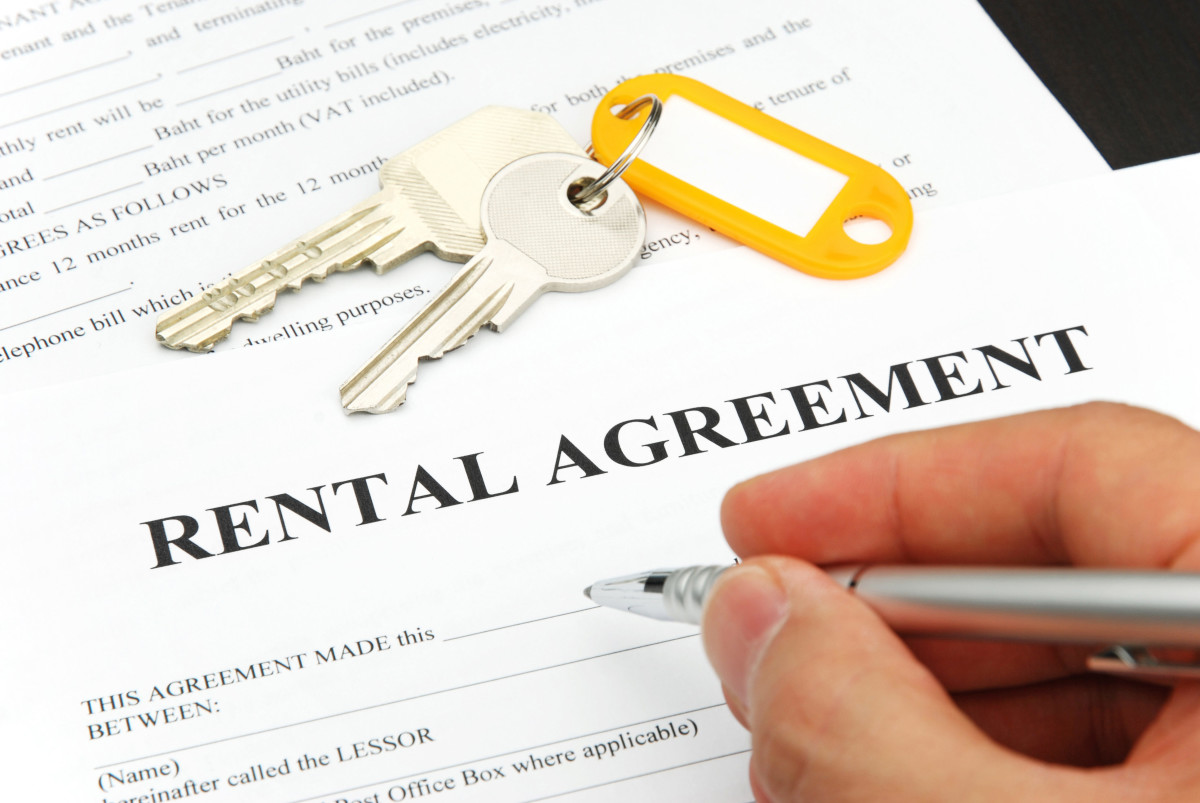1. Do Your Research
Treat your commitment to renting a property in the same way you would carefully consider buying an expensive appliance or a new car: do your research. Look for online reviews from previous renters attached to the property profile in Google or on other social media platforms like Facebook. Search under either the landlord’s name or the name of the property company or apartment complex to find reviews in Yelp. You can even dig up complaints filed with the Better Business Bureau.
2. Read the Lease
This seems like an obvious piece of advice, but it’s worth repeating. Read the lease and then read it again. Ask for advice from someone you trust who has the relevant experience and expertise to help you review any stipulations you don’t understand. Be sure the lease is clear about the following points:
• Length of the lease
• When rent is due and how to pay it
• Security deposit rules and refunds
• Lease termination and penalties
• Rules about roommates or subletting
• Whether pets are allowed or prohibited
3. Get It in Writing
If you don’t see a topic or rule specified in writing, request to get it added to the lease. Even if it seems minor, it should be clearly outlined in the legal agreement between you and the landlord. Look for language about who handles the utilities and rules for personalizing your space. Fleshing out the details in the lease protects both you and the landlord from future misunderstandings and financial headaches.
4. Be Clear about Maintenance Responsibilities
Understand and document what your responsibilities are in terms of maintenance and who you should call in case of an emergency. When you move in, the landlord should document the condition of the property—if there is preexisting damage, insist that it’s recorded accurately before you accept the keys. Check all the appliances, door locks, and plumbing, and if anything needs attention, require that it be addressed now so you don’t end up paying for it later.
If your landlord doesn’t supply a checklist to verify the current condition of the property when you sign the lease, supply one yourself. There are several free templates online that you can use to document the condition of the property and ask your landlord to co-sign.
5. Check Out the Security
Check with the landlord or property manager to determine the security measures in place for your rental. If you are moving into a complex, make sure all areas are well lit and measures like security cameras are in place. If the apartment or home isn’t outfitted with security safeguards, ask the landlord if they allow tenants to install their own security systems. Some DIY systems cater to rentals for $15–$25 a month, meaning you still have security options if the property doesn’t have them already.
You can also research the surrounding area to see if they have a Neighborhood Watch program in place, and you can ask local law enforcement if the area has any crime trends.
6. Don’t Forget about Parking
This may be one of the last things on your mind when you’re signing the actual lease, but it’s crucial that you understand where you can and cannot park. Whether it’s off-street or on-street parking, covered or out in the open, the parking arrangement may end up being a pretty large hassle depending on the weather and the safety of the neighborhood. Request clarification about the parking situation if it isn’t clearly outlined in the lease.
7. Consider Renters Insurance
Insurance probably isn’t a priority when you’re still apartment or house hunting, but it should be something you consider getting before moving in. In addition to protecting you from property loss, renters insurance can sometimes help with damage caused by poor maintenance that wouldn’t be covered by your landlord’s insurance policy.
Once you’ve thoroughly reviewed the lease and checked off all these boxes, you can feel more confident about signing on the dotted line.
Victoria Schmid enjoys writing about technology for the “everyday” person. She is a specialist in online business marketing and consumer technology. She has a background in broadcast journalism.


